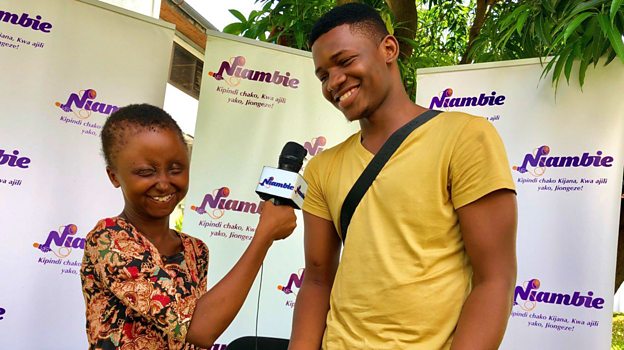
“I have learnt that we need to cooperate with persons with disabilities, there is no need to stigmatise them,” said one female radio show listener after a season of pieces about the social stigma and abuse that people with disabilities face in Tanzania.
“In reality in past these people were stigmatised,” she continued as part of a focus group designed to gather evidence about the impact of the show on its audiences. “Even I was fearing persons with disabilities. To touch them I was feeling that I hurt them, but in reality they need to be loved like any other human being. They have the right to be loved and they have the right to be involved in social issues.”
Reducing stigma and discrimination is integral to the change that the Inclusive Futures programmes seek.
People with disabilities face negative attitudes from across society, including government officials, policy makers and community members, which results in discrimination in multiple settings and limited access to services. Ending discrimination is a foundation of societal transformation, working towards greater and systematic inclusion for people with disabilities and full realisation of human rights.
An overview of the evidence about disability stigma by The Institute of Development Studies (IDS) found that lack of understanding and awareness regarding the causes of disabilities and their resulting characteristics is a key factor in the stigma experienced by people with disabilities.
Media and communications have the ability to showcase individual’s stories and experiences on a mass scale and to provide role models (from government, mainstream civil society and the private sector), influence societal norms and motivate self-agency among people with disabilities.
Tackling the issue
A three-month Inclusive Futures programme led by BBC Media Action aimed to challenge and change the attitudes of the 1.8 million Tanzanian young people that it broadcasts to weekly and connects with through social media.
The show called Niambe, or Tell Me, tested different formats for the shows, which either focused on a disability-related topic (such as dating with a disability) or contained a segment exploring a topic from the perspective of people with disabilities, and featured people with disabilities prominently as contributors, experts and interviewees.
After they were broadcast, qualitative research was conducted with focus groups to identify which shows had the most impact and the content was recalled most fully by listeners.
BBC Media Action reported: “Evidence shows that the season helped our audiences to think about people with disabilities differently, including realising it was wrong to “fear” disabled people as they did prior to listening to the show. One male listener explained how he now swaps his football shirt with an opposing player with albinism after their matches, something he wouldn’t have done before.”
Key figures
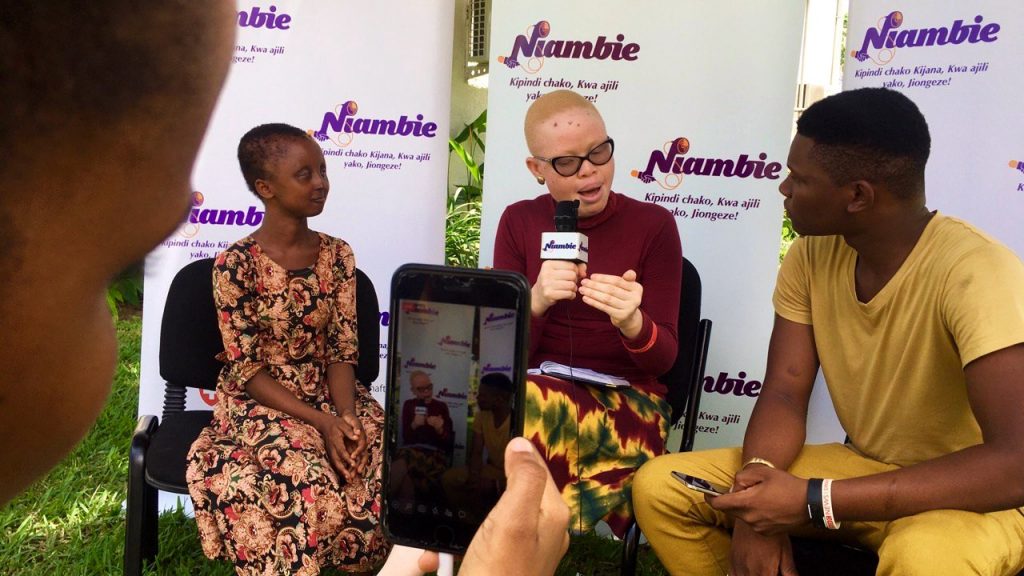
12 episodes
1.8m listeners
41 social media posts
3,627 interactions on social media posts
The project also trained media professionals about the fundamentals of disability – the IDS evidence overview found that encouraging and using non-discriminatory and more positive and accurate language in the media is important for stigma reduction.
Additionally, two young professionals with disabilities called Miriam and Malick were hired to work on the shows, ensuring that they were inclusive and reflected the issues young persons with disabilities face in Tanzania. They both proved so valuable to the team and integral to driving inclusivity at the station, that their contracts were extended.
A BBC Media Action senior project manager said: “The young reporters with disabilities are extremely intelligent and capable, they contribute to the programme and learned incredibly quickly to be radio producers and presenters and they have done a fantastic job within three months.”
The final report about the project said: “Interestingly, the non-disabled young professionals said that having two fellow young professionals with disability in the team really helped them to learn a lot from a practical experience in terms of processes they should take in ensuring that their content is inclusive.”
As a result of working with people with disabilities, BBC Media Action staff improved their understanding about disability issues and how to work and live with people with disabilities.
The report continued: “Staff reported there was a greater appreciation of the negative stereotyping and discrimination that people with disabilities face in Tanzania, and thus a greater appreciation of the importance of building trust with people with disabilities and supporting them to help prevent further perpetuation of negative stereotyping.
“Some members of staff developed a personal interest in the subject matter and read further to educate themselves, especially on how to avoid perpetuating negative stereotyping and discrimination against people with disabilities.”
The Inclusive Futures projects led by BBC Media Action continue to test innovations with mass media to address stigma and discrimination in Nigeria and Bangladesh, including as part of the response to the COVID-19 pandemic.
Learnings from the project
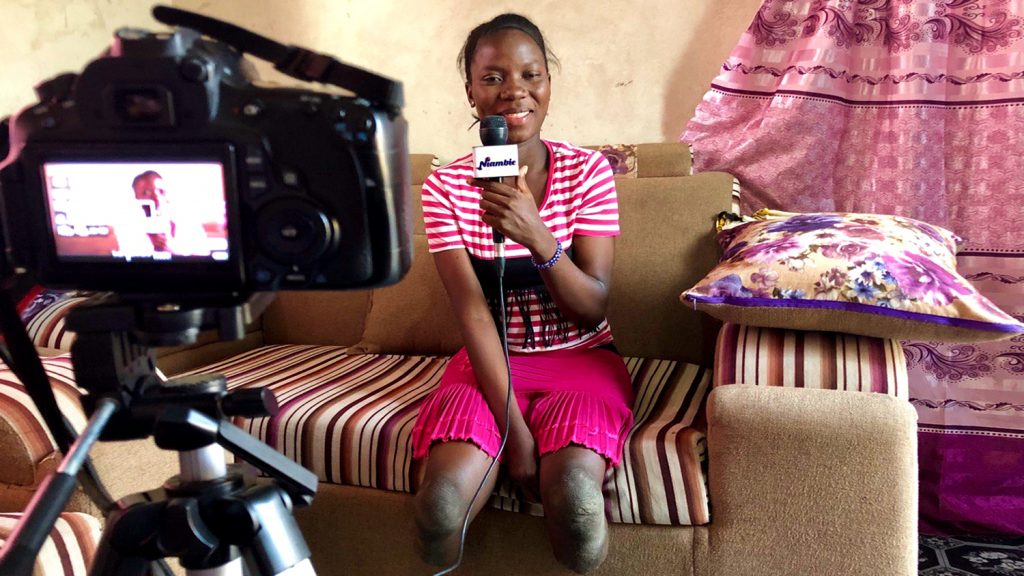
- Start being inclusive early, don’t wait until the actual start of the project. Being inclusive needs time, resources, seriousness and planning. Recognise that this is hard and requires effort.
- Include people with disabilities in various teams. In this project Miriam and Malick were invaluable as they give really good insights into what really matters and works for people with disabilities through their personal journeys.
- Provide disability knowledge to staff before the start of the project. Bring in someone with a disability to help the office think through some of the issues like language and the needs of people with disabilities in advance.
- Create good connections with Disabled People’s Organisations or non-governmental organisations/civil society organisations that work with people with disabilities and work closely with them.
- The introduction of disability-focused content on a programme should be done carefully, to avoid it being introduced abruptly, so that the existing audiences for other types of content is retained.
- To succeed, experts and specialists in disability are key support partners – leverage them.
- Do not assume that production teams will easily grasp producing content on disability issues because it is complex. Invest time to make sure people really get it.
- Consult and include people with disabilities before producing or publishing anything about disability: ‘nothing for us without us’ the slogan says.
- Ensure good communication between donors, non-governmental organisations dealing with disability and media.
More from In Depth
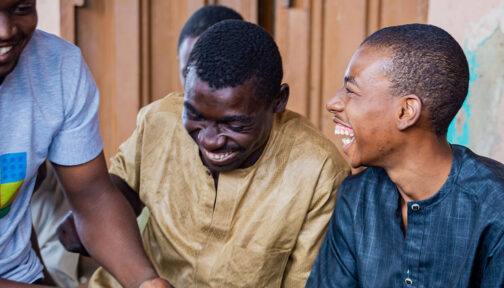
Global Disability Summit 2025: Closing the gap between disability inclusion and development
Inclusive Futures is attending the summit in Berlin on 2-3 April. Visit our booth or attend our panel event to connect with us and learn more about our programme insights.
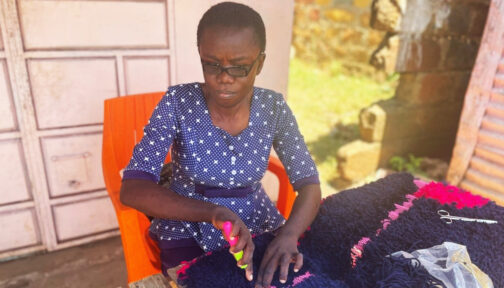
Sense International wins prestigious Zero Project award for its work with entrepreneurs with disabilities
Sense International has won a 2025 Zero Project Award for empowering individuals with deafblindness and complex disabilities in Kenya to build successful businesses and achieve financial independence.
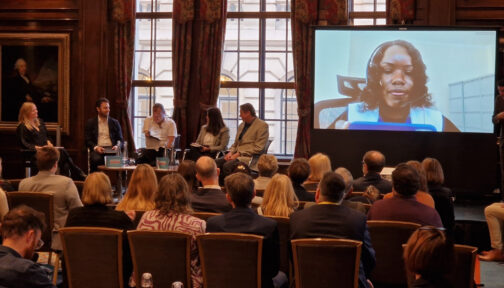
Driving change: launching the six principles for inclusive development
Inclusive Futures and the UK Foreign, Commonwealth & Development Office marked International Day of People with Disabilities by jointly hosting an event to launch the six principles for inclusive development.